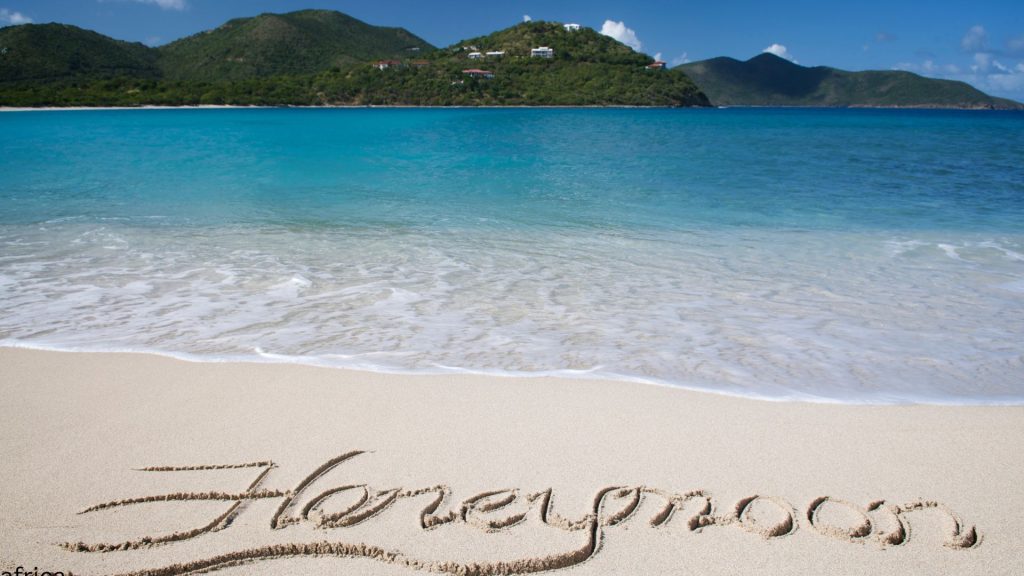Zanzibar Island Beach Holidays
The Zanzibar archipelago consists of more than 50 islands, ranging from tiny outcrops to the larger, more populated islands of Zanzibar, more properly called Unguja and Pemba. The beaches are often stunning, with powdery white sand, shaded by palm trees. The sea is shallow, but venture further out into the sparkling, turquoise water, and you’ll find coral reefs for great snorkelling and diving. The larger islands are lush and highly fertile, and everywhere the air is suffused with the aroma of fruit and spices: it’s an intoxicating, exotic atmosphere.
Zanzibar Island is known as Africa’s tropical paradise, offering the world’s most beautiful beaches. Miles and miles of white sandy beaches dotted with palm trees, surrounded by the clear azure water of the Indian Ocean. Zanzibar Island is part of the Zanzibar archipelago, together with Pemba Island and many smaller islands. These islands are also called the Spice Islands because of their rich history in the spice trade and many spice plantations.
Popular as a post-safari choice, a Zanzibar holiday can also be a great stand-alone escape. The main island offers an exceptional diversity of accommodations, from simple beach lodges and small boutique hotels to all-inclusive beach resorts and luxury hotels.
If you’re in search of a remote island getaway, Tanzania’s Indian Ocean coast has two other gems: Mafia Island, a long-time favourite of diving aficionados, and the newly accessible hideaway of Fanjove.
Although Zanzibar receives holiday visitors all year round, most people come outside of the main rainy season, when Zanzibar’s weather is at its best, between June and February. This can link in perfectly with a safari in Tanzania, which very broadly shares the same weather pattern.
A small tropical island of Zanzibar, twenty miles off the east coast of Africa, is infused with African, Arabic, Persian, European, Chinese, and Indian influences. Its original settlers were Bantu-speaking Africans. From the 10th century Persians arrived. But it was the Arab incomers, particularly Omanis, whose influence would be paramount. The island has played an important part in local history out of all proportion to its size. The reason is its easy access to traders and adventurers exploring down the east coast of Africa from Arabia. Islam was well established in this region by the 11th century. During the 16th century, there was a new category of visitors arriving from the southern Portuguese. They establish friendly relations with the ruler. But in the late 17th century, the Portuguese presence came to an end, after a forceful campaign down the coast by the rulers from Oman.
Zanzibar, a valuable property as the main slave market of the east African coast, becomes an increasingly important part of the Omani empire – a fact reflected by the decision of the greatest 19th-century sultan of Oman, Said bin Sultan, to make it from 1837 his main place of residence. Said builds impressive palaces and gardens in Zanzibar. He improves the island’s economy by introducing cloves, sugar, and indigo (though at the same time, he accepts a financial loss in cooperating with British attempts to end Zanzibar’s slave trade). The link with Oman was broken after he died in 1856. Rivalry between his two sons is resolved, with the help of forceful British diplomacy, when one of them (Majid) succeeds to Zanzibar and the many regions claimed by the family on the east African coast. The other (Thuwaini) inherits Muscat and Oman.
By the time Majid died, to be succeeded in 1870 by his brother Barghash, the British appointed a consul to Zanzibar. His primary task was to end Zanzibar’s notorious slave trade. That purpose was achieved by a treaty with Barghash in 1873. Britain remained the only colonial power with a well-established presence in Zanzibar itself. With the approval of the sultans of the island and its narrow coastal regions were declared a British protectorate in 1890. Although only wielding a fraction of their former power, the Arab sultans of Zanzibar still during that colonial period had the most influential leaders in East Africa. But their rule came to an end soon after the island’s independence in the 1960s. A new constitution, introduced in 1960, provides for a legislative assembly.
In 1963, the islands regained independence from the British, but upheaval lay around the corner. In January 1964, members of the African majority overthrew the established minority Arab ruling elite. A republic was established, and in April, the presidents of Zanzibar and Tanganyika, on the mainland, signed an act of union, forming the United Republic of Tanzania while giving semi-autonomy to Zanzibar.
Currently, Zanzibar is part of the United Republic of Tanzania with semi-autonomous Government with the President, Cabinet, Legislature, and Judicial system. The Government is responsible for Non-Union matters.
People And Culture
According to the 2019/20 Household Budget Survey, the population of Zanzibar is 1.62 million at an annual growth rate of 2.8%. Its Swahili culture is a hybrid of African, Arabian, Indian, and Persian practices. The official languages are Kiswahili and English. Arabic is spoken in selected quarters. The people of Zanzibar are predominantly Muslim. During the holy month of Ramadhan, visitors are expected to refrain from eating, drinking, or smoking in public during daylight hours.
Beach holidays
Options for a Zanzibar beach holiday are many, but broadly, the island can be divided into five areas: Nungwi in the north, the east coast, the southeast, the west coast, and a few offshore islands.
Two or three hours’ drive from Stone Town, the village of Nungwi marks the northernmost tip of Zanzibar. Surrounded on three sides by a turquoise-blue ocean, Nungwi has long been a magnet for visitors seeking paradise. Come for some good diving and beaches, and proximity to a lively village where there’s always a lot going on.
Zanzibar’s east coast is lined with long, powder-white beaches. To the north, numerous small resorts boast similar beaches, yet all are quite different. Offshore, you find the magical Mnemba Island – the ultimate island lodge for those who can afford it.
Continuing along Zanzibar’s southeast coast, the beaches remain stunning: powder-white sand with a barrier reef, lots of palm trees, and a wide lagoon between the beach and the reef. The villages become a little sleepier and more relaxed as you head south, and Jambiani, in particular, is very relaxed indeed: for an authentic visit to a friendly village, you can’t beat it.
In south-west Zanzibar, the Fumba Peninsula is a very laid-back and friendly corner of the island, with two good lodges, while offshore is the award-winning eco-resort on Chumbe Island.
A 30-minute flight north-east of Zanzibar Island, Pemba Island is comparable in size, but far more traditional in outlook, and visitor numbers here are tiny. Apart from a handful of honeymooners, most come for the diving, which can be excellent – although it’s best suited to advanced divers.
Equally magical, although not part of the Zanzibar Archipelago, is the Mafia Archipelago. More remote and quieter than many places on Zanzibar, Mafia Island offers some superb diving and snorkeling in its marine park, served by just a few small lodges. And new on the Tanzania beach holiday scene is Fanjove Island, an ideal spot to wind down after a safari in southern Tanzania
Activities on a Zanzibar beach holiday
SEA ADVENTURE
Zanzibar is best known for its beautiful beaches and warm sea. Explore the coastal line of Zanzibar by a traditional sailing dhow boat, exploring from the south-west Zanzibar in the renowned Fumba village it will take you along the shores to the best diving spots, where you will put on your snorkeling gear and explore the life you will immerse on, Followed by sandbank play for a folly and swim in a mangrove lagoon.
Followed by boarding the dhow and continuing with a delicious and wonderful seafood lunch box, in combination with natural fruits
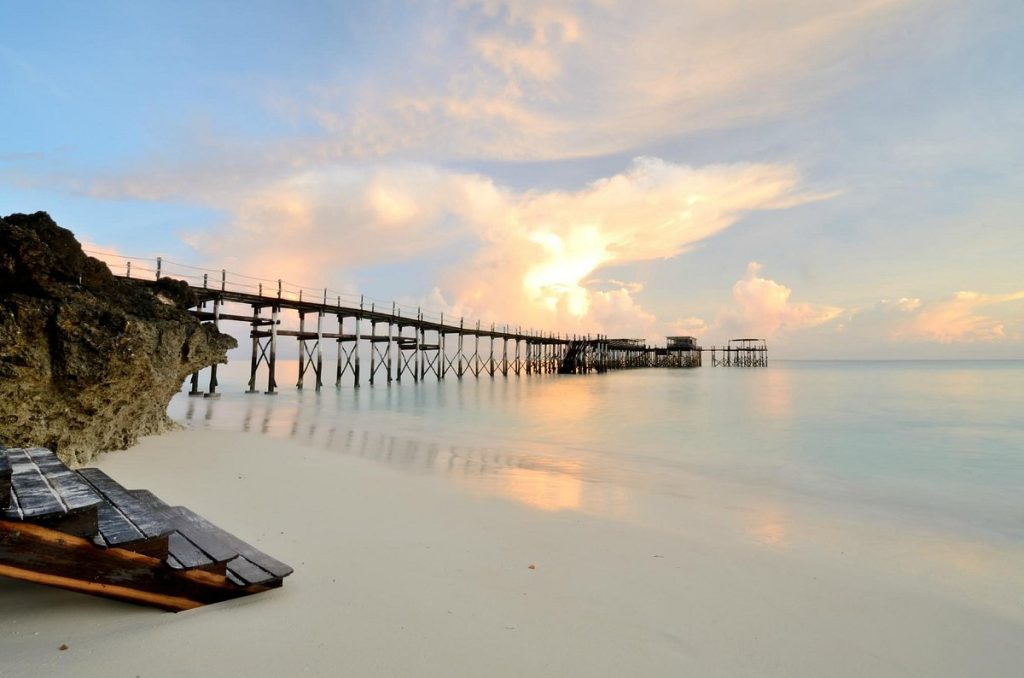
SUNSET DHOW CRUISE
Enjoy a wonderful sea cruise using a traditional dhow, depending on the tides, whether we have high tides or low tides, and get the most out of the Zanzibar sunset.
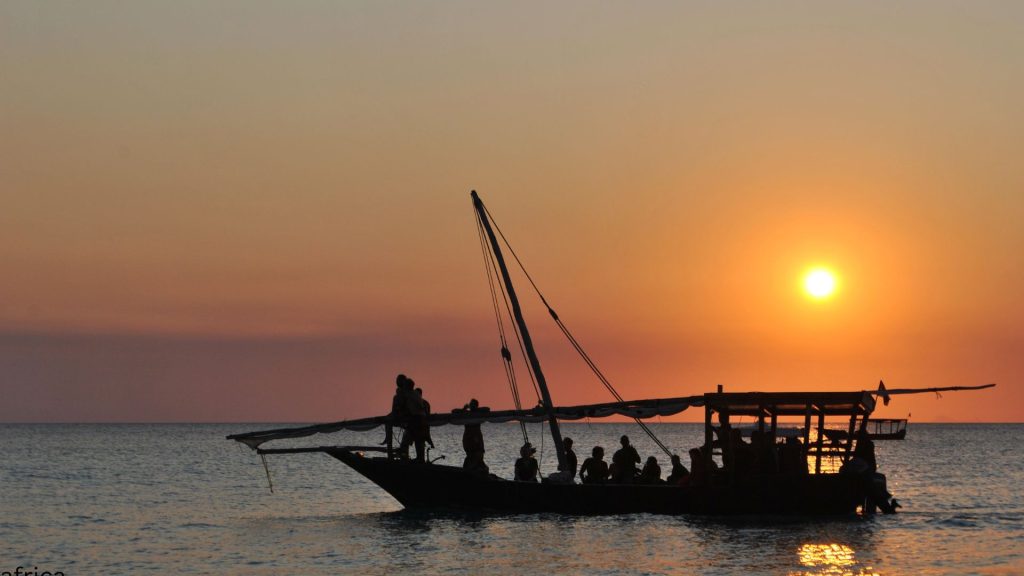
HORSE RIDING
Experience the beauty of Zanzibar from a unique perspective with our horse riding tours. Whether you prefer a sunrise or sunset ride in Stone Town, Nungwi, or Michanwi village, we have something that suits all tastes, depending on the ocean tides
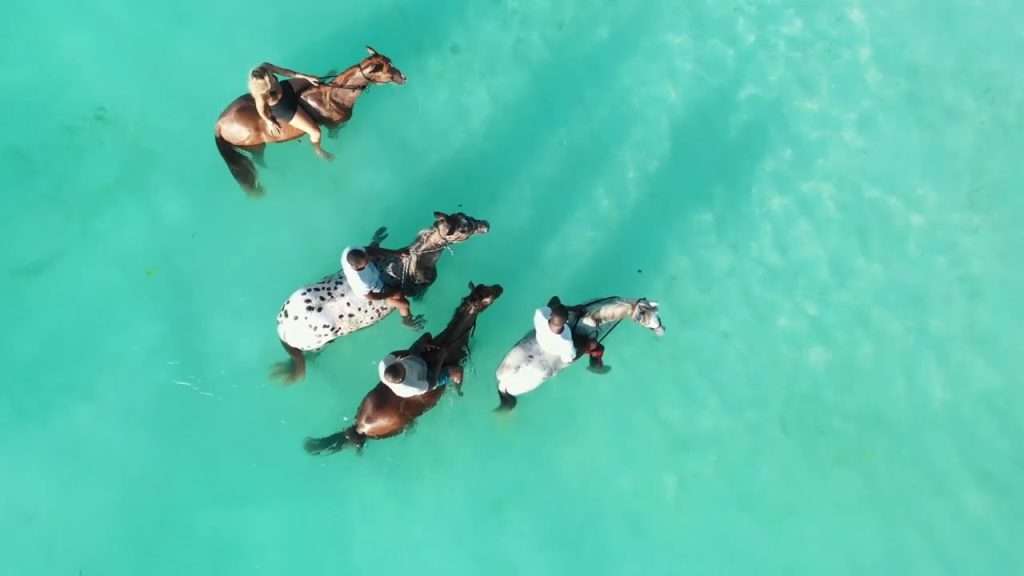
CATAMARAN CRUISE
Embark on unforgettable journey to Mnemba island onboarding our luxurious catamaran boat, the breath taking beauty of this tropical paradise will leave you in awe.
It takes 2 hours to reach the island from Nungwi if the wind is favorable we will hoist the sails but if it’s not favourable we will fire up the engines and continue enjoying,you may have an option to use our onboard fishing gear to catch some fish while enjoying snacks and variety of cold drinks while watching dolphins play in our wake.
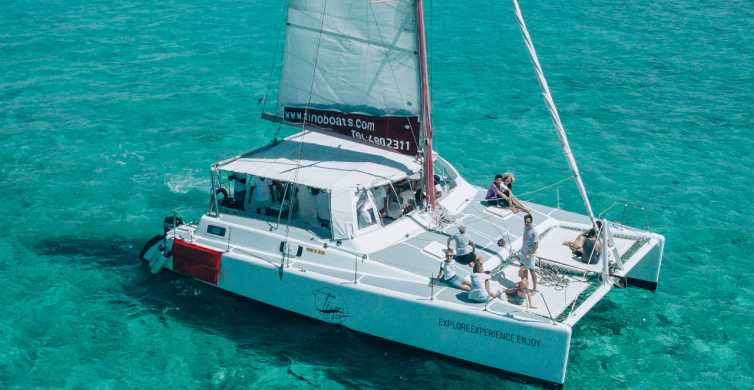
DIVING ADVENTURE
Dive the unexplored with Kiwoito Africa safaris, enjoy snorkeling and Scuba diving with dolphins, more than 100 feet diving, 400 fish species, and 65000 meters of reef.
With our top-qualified team in fishing and diving, we offer top-notch service. We created the underwater Experience you can dream of, sea, corals, reefs, dolphins, turtles, fish, and wrecks in Stone Town and the underwater world of the famous Mnemba Atoll in Zanzibar. We have safari guides of the Indian Ocean sharing the fun and freedom of diving while keeping you safe.

SUBMARINE ADVENTURE.
Enjoy an amazing underwater exploration. Dive into the mesmerizing world beneath the ocean’s surface, where you’ll encounter a stunning array of marine life, from colorful fish to graceful sea turtles.
Explore with unexplored ocean floor with us!
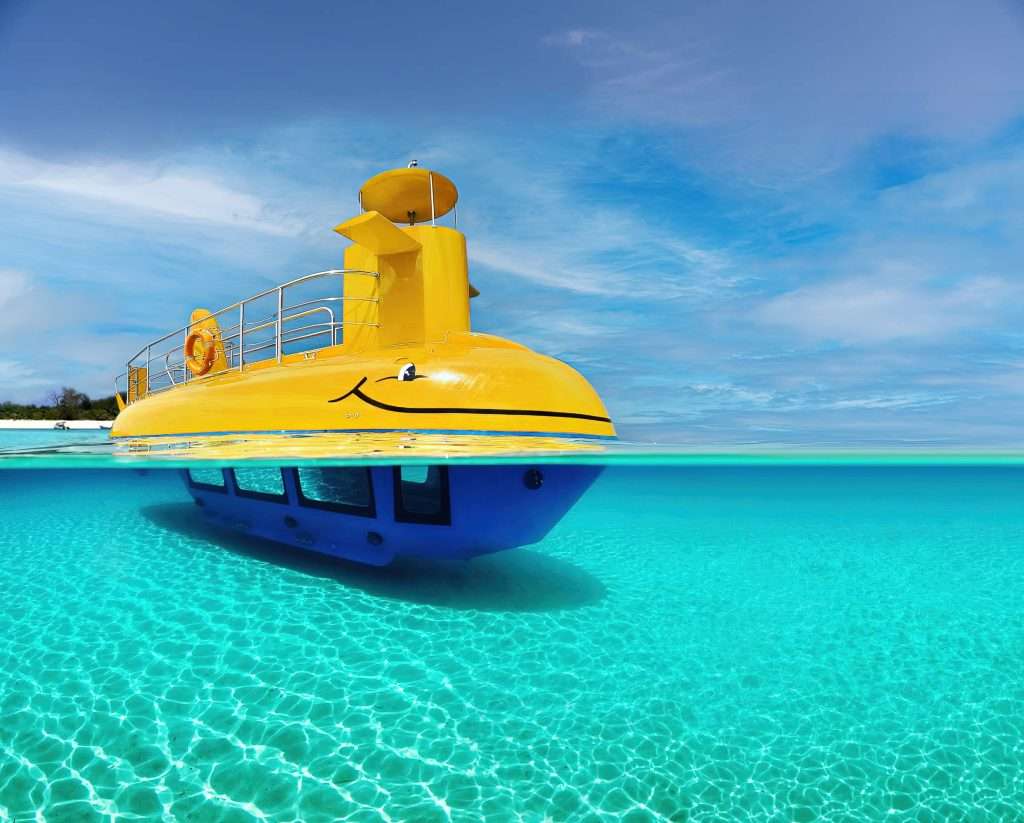
SPICE TOUR
Zanzibar is famed around the world for the quality of its spices.
In this tour, you will test and smell different spices that we grow at various farms. You will also learn how we use spices for traditional purposes.
The spices that are found here are used in almost every kitchen on earth, including cinnamon, cloves, black pepper, garlic, lemon grass, turmeric, ginger, vanilla, nutmeg, and many more.
On this tour, you will learn how these spices go from the farm to our tables, as well as about unorthodox uses for these spices as home remedies.




